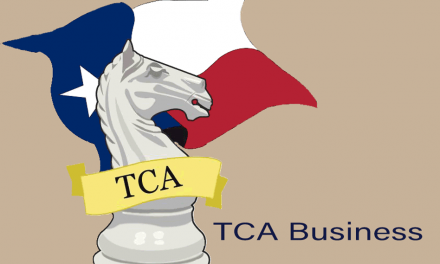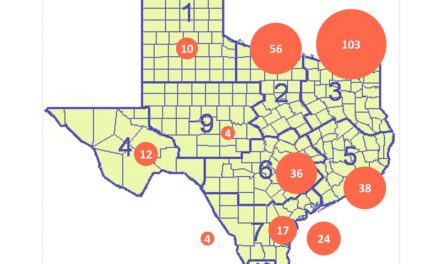It happens to many of us. An email sits in your inbox from your TCA President, your TCA Region Director or even your favorite TCA Facebook Guy. So you open it and read, “Help. I am on vacation in Uganda and I have been mugged. They took my passport, my wallet and my money. The hotel manager is angry because I can’t pay and is about kick me out. Please help me ASAP!”
I received one of those emails once. It was from my Uncle Al (I called him “Unk”). Now I knew “Unk” was doing fine. He was safe at home. He was also 86 years old and not traveling the world.
I replied, “No worries, Unk. I asked my friend, Grand Master Igor Spudzinski, for help. He wrote a chess book and the publisher sent him a big check. He’s giving me some and I’m sending it to you right away. Just relax, watch TV and know help is on the way.” I sat at my computer screen and smirked at my ingenuity. I even forwarded it to ten of my closest friends and family. My Father responded “No worries. I just gave the money to my sister (your wife).
The next day both our computers went black.
Those scoundrels have a way of inserting sinister virus codes in emails that are up to no good. Sooner or later they catch all of us. So, how do you protect yourself? First thing and most important is keep your Antivirus software up to date. And research because all Antivirus companies are not created the same. I am not here to recommend or disparage any vendors, but the ones offering pre-loaded protection in new computers are probably not the best. When I was a student learning web design, I had problems with my new computer. I took it to some local experts and was shocked my practically new computer with pre-loaded protection had 119 viruses on it. I switched to a new vendor right away.
Here’s another way to protect yourself few people know. “Roll” your mouse over the name shown in the Sender box. A small comment window will appear showing the sender’s email address. If it’s not what you were expecting don’t open it. “Spamatize” it! Send it to spam purgatory without delay.
When looking at websites take a look at the web page’s address in the URL window. If it starts with https:// rather than http:// the web page’s encryption is more robust and offers better protection. This is especially important when making online purchases.
I have several email addresses. Helps me keep things organized. One is for my webdesign customers. One is for TCA. One is for Texas Armed Forces Chess. One is for Red River Shoot Out, the annual team match between the most fanatical chess players in Oklahoma and Texas. One is for BRAZOS, the annual team match between the most serious chess players in the “Heart” of Texas.
Sorry. I couldn’t resist getting those plugs in.
I stopped or rarely use some email vendors because of encryption issues. Again I am not going to disparage or recommend any email vendors. But if you happen to get an email from me you may notice I use the one I use for a reason. Much better encryption and protection than most.
A lot of you reading this may know something about this topic. Feel free to leave comments. And for everyone else out there, when in doubt don’t open it. Spamatize it.
That’s my 2¢.





